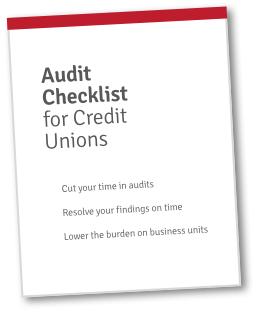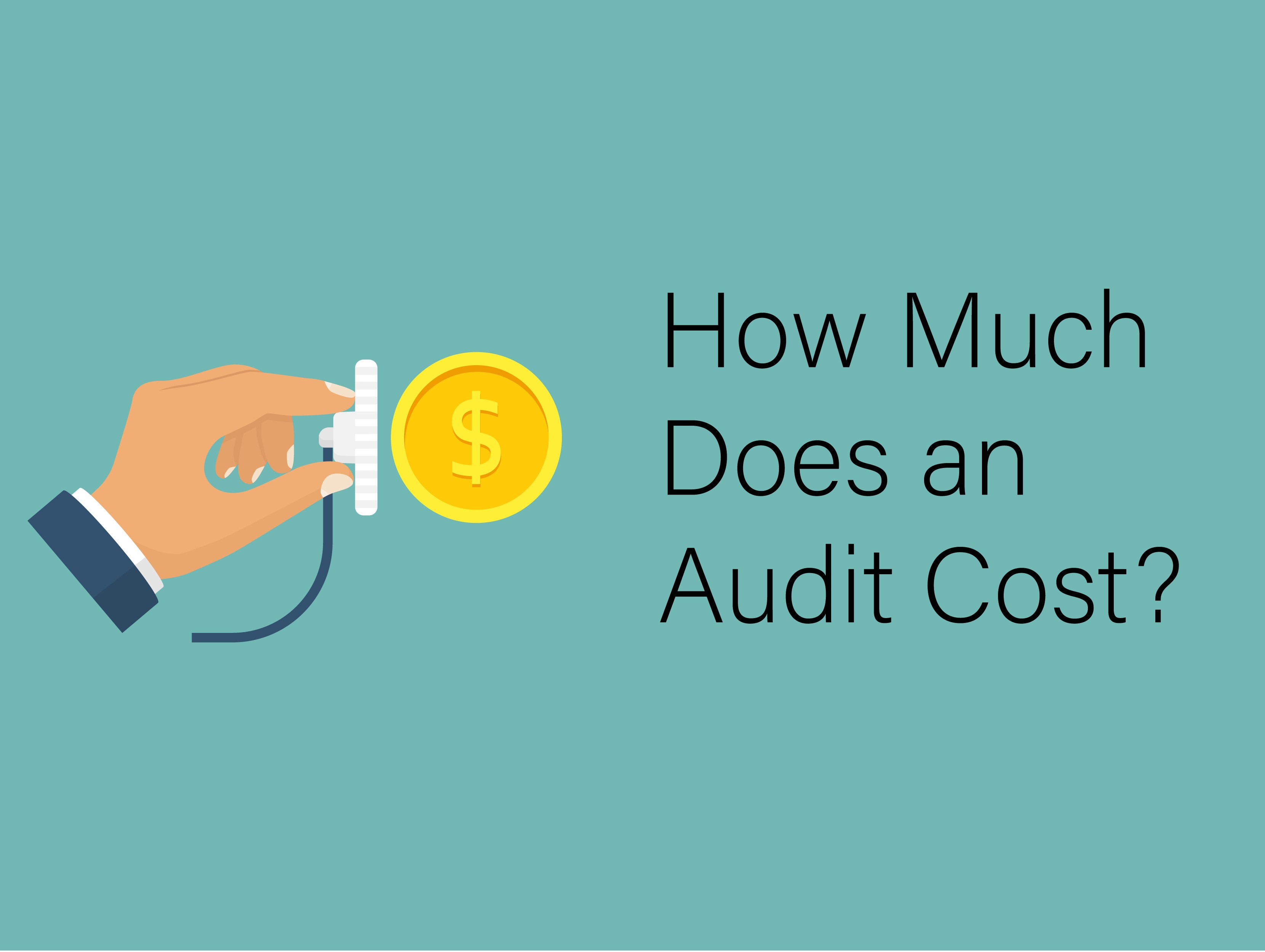Credit unions must perform several audits every year. Unfortunately, audits can be a major drain on your resources. So, how much does a credit union audit cost?
There’s a simple answer and a complex answer. Just for the sake of time, let’s cover the simple answer first.
Credit Union Audit Cost: The Simple Answer
The simple answer to how much credit union audits cost is this: it depends.
Each credit union is different. They serve different members in different regions. Their infrastructure and technology are different. Their resources—their staff size, their assets, their budgets are all different.
Consequently, so are their audit needs.
The only way to truly answer how much a credit union audit costs is to tally up the expenditures for each individual audit. It wouldn’t tell you in general terms what audits cost, but it could at least give you the bill for that particular audit.
Credit Union Audit Cost: The Complex Answer
Tallying up the costs of any particular audit isn’t quite as easy as it sounds. You can’t just add up all the monetary expenses or receipts and arrive at your number. There’s far more to it than that.
So, what all should you include in your audit cost calculations? There are three main factors.
1. Monetary costs
This is the simplest and most obvious contributor to the total audit cost. Your hard dollar costs include any of the following:
- Outside or outsourced auditors
- Salaries for any internal audit staff
- Audit software or audit tools
- Other external audit factors, tools, or resources
These make up your hard dollar costs, and together they comprise the most straightforward contributor to the total cost of credit union audits. However, they tell only part of the story.
2. Time expenditure
The second component of audit costs is your time. Audits require the time, energy, and attention of many people:
- The audit team
- Any involved business units
- Executive team members
- Board members
- Specialists
Many of the people are involved from start to finish. Others step in only briefly. Either way, all those hours from each contributor add up.
When you calculate your audit cost, make sure to include the cost of each contributing team member’s time into your equation. Don’t make the mistake of thinking that labor is “free!”
3. Opportunity costs
The most often-missed factor in credit union audits is the opportunity cost. Depending on how you’re managing your audit, it might go quickly, or it might go slowly. If an audit drags out over time, what is it keeping you or any involved parties from doing?
Lengthy audits may keep you or your team from addressing important tasks, higher-order concerns, or new initiatives. It may mean that some business units are unable to address customer service as well as usual, or it may mean delaying other member-facing services.
If audits are keeping you, your team, or any business units from accomplishing other work or tasks, factor those opportunity costs into the total cost of your audit.

FREE: Audit Checklist for Credit Unions
4 key principles and 9 questions to jumpstart your audit planning. From leading credit unions.The Takeaway
Clearly, it’s not possible to give the total cost of any credit union audit. There are too many variables for that. Each credit union’s audit needs, process, and program are slightly different. So too are the costs.
However, it’s important not to overlook the non-monetary costs that audits have. If your credit union’s audit appears cheap monetarily, ask yourself:
Are we sacrificing time expenditures and opportunity costs in order to keep our monetary, hard dollar amounts low?
If you’d like to read more about how you can save time on audits—or what you can do with the time you saved on audits—then follow the links below. You can also subscribe to our blog if you don’t want to miss any credit union audit or exam tips.
REDBOARD’S CREDIT UNION AUDIT SOFTWARE: POINT WEST CREDIT UNION CASE STUDY
WHERE TO REINVEST TIME SAVED FROM USING CREDIT UNION AUDIT SOFTWARE





